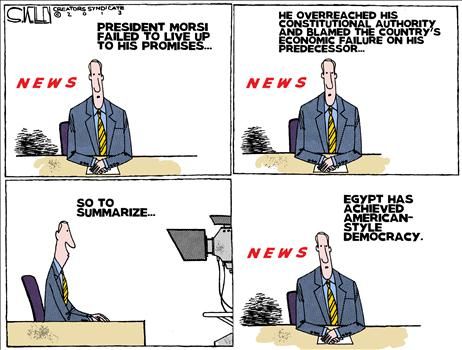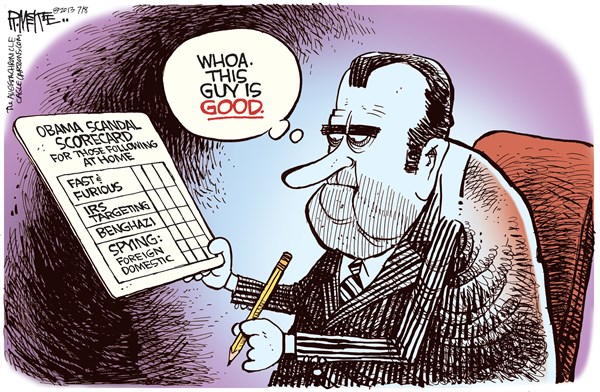The annual Def Con hacking convention has asked the U.S. federal government to stay away this year for the first time in its 21-year history, saying Edward Snowden’s revelations have made some in the community uncomfortable about its presence.
“It would be best for everyone involved if the Feds call a ‘time-out’ and not attend Def Con this year,” conference founder Jeff Moss said in an announcement posted Wednesday night on the convention’s website.
An irreverent crowd of more than 15,000 hackers, researchers, corporate security experts, privacy advocates, artists and others are expected to attend the Las Vegas convention, which begins on August 2.
Moss, who is an advisor on cyber security to the Department of Homeland Security, told Reuters it was “a tough call,” but he believed the Def Con community needs time to make sense of recent revelations about U.S. surveillance programs.
“The community is digesting things that the Feds have had a decade to understand and come to terms with,” said Moss, who is known as The Dark Tangent in hacking circles. “A little bit of time and distance can be a healthy thing, especially when emotions are running high.”
He said the move was designed to defuse tension.
“We are not going on a witch hunt or checking IDs and kicking people out,” he said.
The conference has attracted officials from agencies, including the Central Intelligence Agency, National Security Agency, Federal Bureau of Investigations, Secret Service and all branches of the military.
Last year, four-star General Keith Alexander, head of the NSA, was a keynote speaker at the event, which is the world’s largest annual hacking conference.
The audience was respectful, gave modest applause and also asked about secret government snooping. Alexander adamantly denied the NSA has dossiers on millions of Americans, as some former employees had suggested before the Snowden case.
“The people who would say we are doing that should know better,” Alexander said. “That is absolute nonsense.”
Alexander is scheduled to speak in Las Vegas on July 31 at Black Hat, a smaller, two-day hacking conference that Moss also founded, but sold almost eight years ago. It costs about $2,000 to attend Black Hat, which attracts a more corporate crowd than the $180 Def Con.
Black Hat General Manager Trey Ford said that the NSA has confirmed that Alexander will speak at his conference, which is owned by UBM Plc, a global media company. Security will be heightened and Alexander will take questions from the audience, Ford said.
An NSA spokeswoman confirmed Alexander would attend, but did not elaborate or comment on Def Con’s request that the Federal government not attend.
——
Click below for the full article.
http://www.reuters.com/article/2013/07/11/us-hackers-feds-idUSBRE96A08120130711






